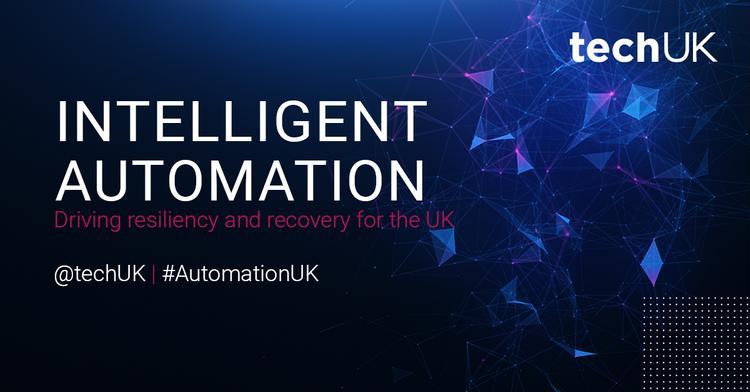Unclogging the Backlog: Intelligent Automation in the NHS

The UK Healthcare sector has a mammoth challenge on its hands. Not only has the Government set out ambitious targets, such as 50,000 “new” nurses by 2024/25, but it also faces numerous threats to retention and recruitment, such as pay disputes, challenging working conditions, staff burnout, Brexit, and the points-based immigration system.
The COVID-19 pandemic has also highlighted the value of healthcare personnel, leading to funding efforts to digitally optimize the workforce, such as £7.5m for e-rostering announced in January and the deployment of digital staff passports to facilitate fluid staff movement between organisations. Whilst these are a step in the right direction, more needs to be done.
Technologies such as Intelligent Automation (IA) have long been considered futuristic and somewhat out-of-reach, but they are gradually seeping into mainstream adoption. This is exemplified by the prolific framework provider NHS Shared Business Services announcing its intentions in February to offer an IA framework to promote and guide its usage across the NHS.
Conversely, NHS Business Services Authority made a statement in its digital strategy this year when it shunned this kind of “hype tech” by saying that, whilst it may be used, it does not constitute its strategy. Whilst some may consider this a blow to IA suppliers, it actually provides a nice summary of how IA should, at least initially, be used.
Many industries will look to adopt IA as a way of cutting costs. The Busting Bureaucracy whitepaper, however, states that the UK spends under 2% of healthcare expenditure on administration, well below the OECD average. Therefore, whilst there will undeniably be areas for improvement where cost savings can be made, NHS leaders should instead view IA as a way of optimizing its core raison d'être.
The same whitepaper went on to highlight some alarming statistics from the Lord Carter review and the British Medical Association (BMA). Specifically, around a third of a community-based clinician’s time is spent on admin and over half of surveyed doctors spend at least an hour a day on work that could be carried out by non-clinical staff. Addressing the issue of time, as opposed to cost, potentially is where the real value lies for IA in healthcare.
In the wake of COVID-19, the time saved from automating back-office functions, re-allocating cancelled appointments, and reducing Did Not Attends would allow clinicians to see a higher volume of patients, which will help chip away at the huge backlog of elective care built up over the past year.
Whilst the exact figure is unknown, BMA estimates that the NHS dealt with 3 million fewer elective procedures and 22.1 million fewer outpatient attendances as of January 2021. The ambition of reducing the backlog is reflected in NHS England’s 2021/22 priorities and operational planning guidance, which incentivises Integrated Care Systems that can achieve high levels of activity.
In the long-term, however, as the backlog becomes manageable and care providers become more knowledgeable and comfortable utilizing IA, the aim should pivot. Instead of using IA to increase the volume of patients seen, it should start to maximise the amount of time spent between the clinician and patient, theoretically driving improvements in the quality of care provided. One can only hope that NHS leaders use IA to complement human-centric care and not succumb to the temptation of using it as a means to replace those that have served us so well over the years.
Twitter: @J_Cordwell
You can read all insights from techUK's Intelligent Automation Week here

Laura Foster
Laura is techUK’s Associate Director for Technology and Innovation.


